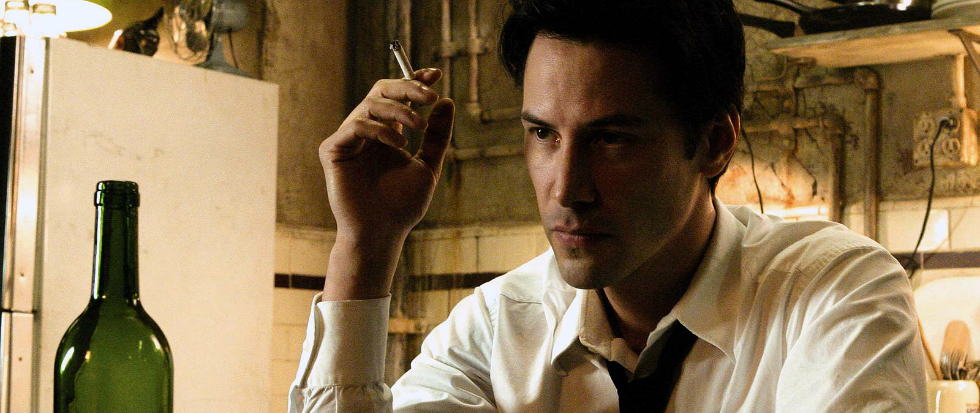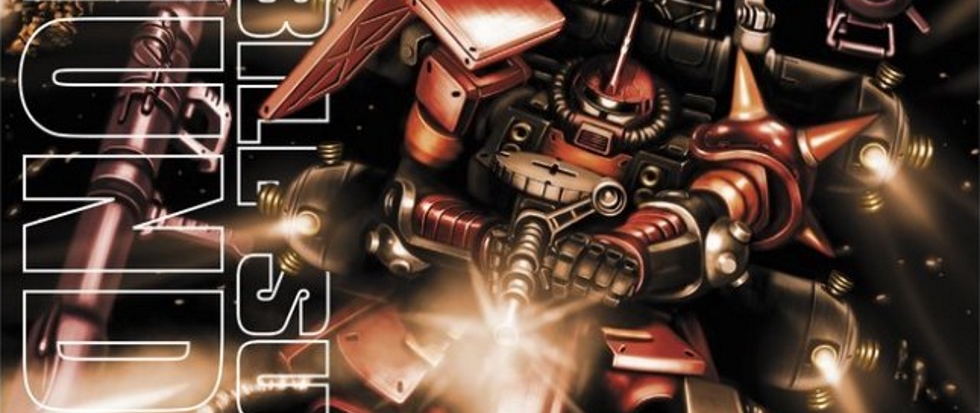
Rather an Araki than a Franzen Be
It may not have been a great idea to pick up the paperback of Jonathan Franzen’s Purity when I found it in the book store last week given a recent bout with depression. Nevertheless, it was time to be reminded just how broken the world was.
It was Franzen’s language – the immaculate rhythm of his sentences, his stunning descriptions, his perfect word choices – and his fully realized characters, who can somehow represent larger social forces while remaining distinctly themselves, which now seemed like a challenge. An insult, even. Nothing like encountering the work of a modern master to kick you further down into the pit of insecurity you’d spent the better part of the Summer trying to dredge yourself up from, huh?
Thank God I had foresight enough to pick up the final volume of Hirohiko Araki’s JoJo’s Bizarre Adventure: Battle Tendency on the same trip to the bookstore. Everything that Franzen is, Araki is not. His characters are walking cliches. His stories are often so stupid you’d be forgiven thinking the whole thing was a giant joke if it wasn’t so damn sincere.
Where Franzen’s prose is precise, Araki’s art is a complete mess, paying little heed to proportions and anatomy. Though the primary inspiration for his art seems to be Greek statues and classic architecture, his characters and worlds are grotesque more than gorgeous. It’s as if he were hell-bent on ignoring every rule of storytelling, world building and character development that other writers take for granted.
Yet between the two, it was Araki who offered greater narrative pleasures and more to assuage the doubting artist. Because while he may be a rotten damn writer he is an excellent weirdo. Possibly our preeminent weirdo. Few others would think to whip up a one volume story story featuring a chariot race that borrows as much from Death Race 2000 as it does from Ben Hur, a statuesque vampire demigod who can morph his hands into squirrels and piranhas, and a cyborg nazi shooting UV rays out of his belly. And those few would inevitably succumb to the mortal sin of preciousness. Purity is not a slog, and Franzen’s not a hack. The novel is still excellent, and if I had the choice, there are few other living writers I’d rather be. But if forced I would still choose to be Araki.
The pleasures Franzen offers are too traditional to ever be great. He’s good – he’s damn good – but he’s only damn good. He wants too badly to be respected to ever risk writing something so bizarre, so totally his own. He’s too bound by the strictures of good taste to ever take the one risk necessary to tap into genius.
But not Araki. Never Araki. He’s too uninhibited to be ironic, too invested to be knowing, too Araki to care whether what he’s written meets the standards of anybody else. And his stories work because of this. Work not only as enjoyable narratives, but also as examples to the apprehensive creator afraid that greatness is so dependent upon technique it has left no room for imperfections and deviations.




